Let’s talk about the top 9 natural brain supplements and nootropics – your secret weapon for rocking those all-nighters and absorbing knowledge from the entire semester without trashing your health.
- Caffeine
- Alpha-GPC
- DMAE
- L-Theanine
- Rhodiola Rosea
- Bacopa Monnieri
- Siberian Ginseng
- Vitamine B6 + B12
- Magnesium
Ready? Let’s dive right in!
1. Caffeine – One of the Most Famous Nootropics
A natural stimulant you can find in more than 60 plants, but the ones you’ll probably know the most are coffee beans, cocoa beans, and tea leaves.
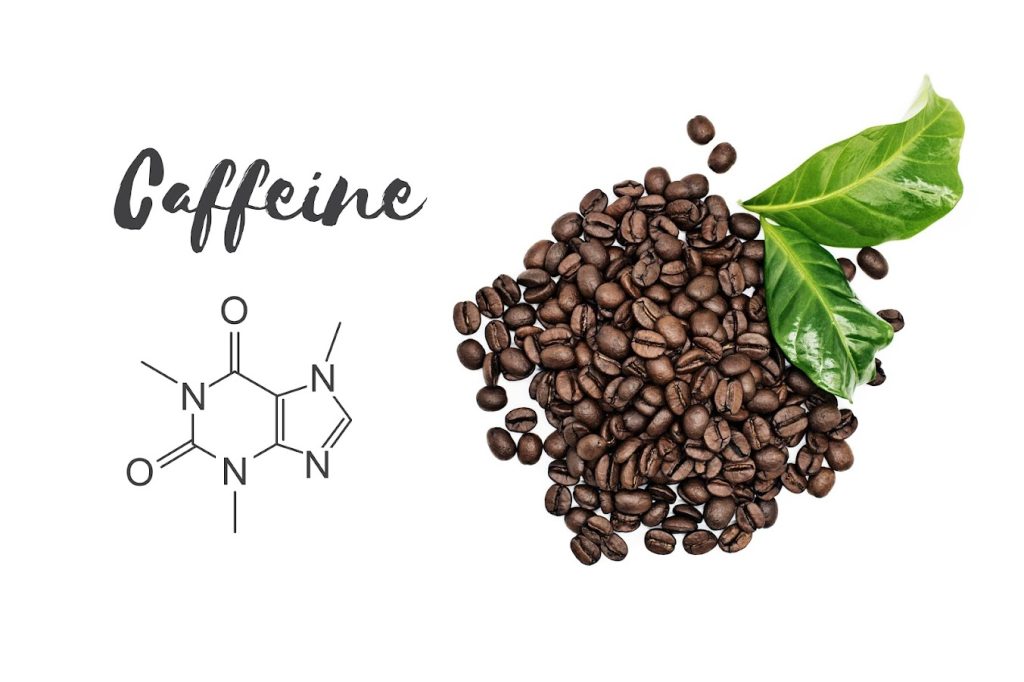
It keeps you sharp by blocking adenosine – a neurotransmitter that signals the body to go to sleep and relaxes the brain.
Besides keeping you awake, it also:
But remember, the right dose is the key. So don’t go over 200 mg per dose and over 400 mg per day.
Also, caffeine has had some terrible press for many years, but the truth is that science’s opinion of it is changing.
For instance, the latest studies show that it can prevent some serious neurodegenerative diseases like Alzheimer’s and Parkinson’s.
So we’re definitely big fans, and that’s why we’re using the organic, slow-release caffeine in MADMONQ®.
2. Alpha-GPC – Neurotransmitters Upgraded
Alpha-GPC (alpha-glycerophosphocholine) is a molecule loaded with choline. Overall, think of it as a VIP ingredient for cooking up Acetylcholine, a superstar neurotransmitter.
In other words, a chemical essential for neuron communication.
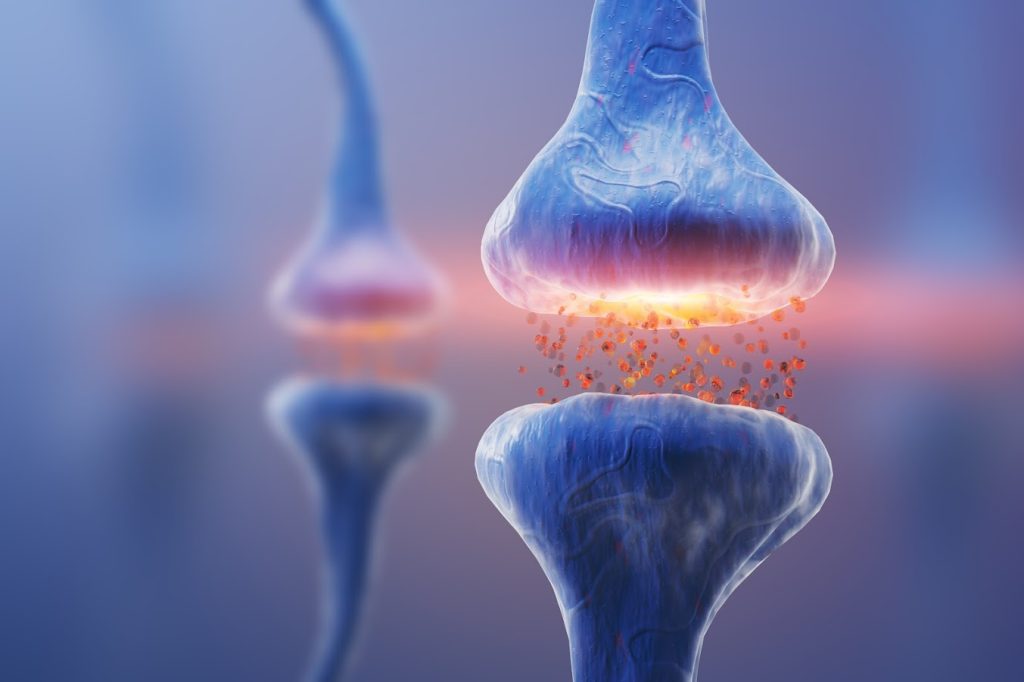
Some studies are showing that Alpha-GPC is mainly involved in:
- memory and attention
- mental and physical performance (without any nervous feelings like with caffeine)
However, more research is still needed to understand the potential of this supplement fully.
Fun fact: Alpha-GPC may also help patients with glioblastoma, a type of brain cancer that is very difficult to treat.
3. DMAE – Brain and Skin United
Imagine DMAE (dimethylaminoethanol) as your body’s own little DIY project, naturally produced and all. Nowadays, you can snag it off the shelf as a dietary supplement that’s eyeing a spot in the brain-boosting hall of fame.
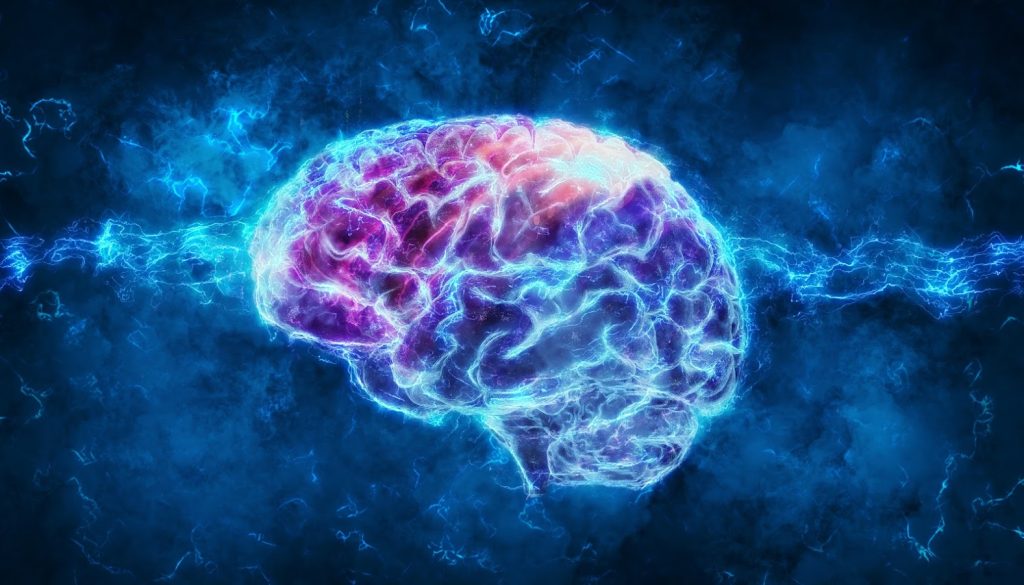
The science scene is still a bit thin on studies to make it a member of the nootropics family. However, some research has hinted that DMAE might be a backstage booster for the production of acetylcholine – yeah, that acetylcholine we just talked about a minute ago.
So we’re talking again about improving:
Yeah, you’ve read that right. DMAE is also sometimes used in skincare products, as some studies have shown that it can improve firmness and decrease inflammation.
It may also prevent the buildup of a nasty fellow known as the “age pigment” – which our scientist friends call beta-amyloid.
Too much beta-amyloid has been linked to age-related decline and memory loss associated with Alzheimer’s disease and dementia.
But so far, there are no studies to support this claim.
Fun fact: DMAE was sold under the name of Deanol as a prescription drug for children with behavioral and learning problems.
4. L-Theanine – The Power of Tea
L-Theanine is an amino acid, mainly found in green and black tea leaves. It’s mostly known for its calming effects.
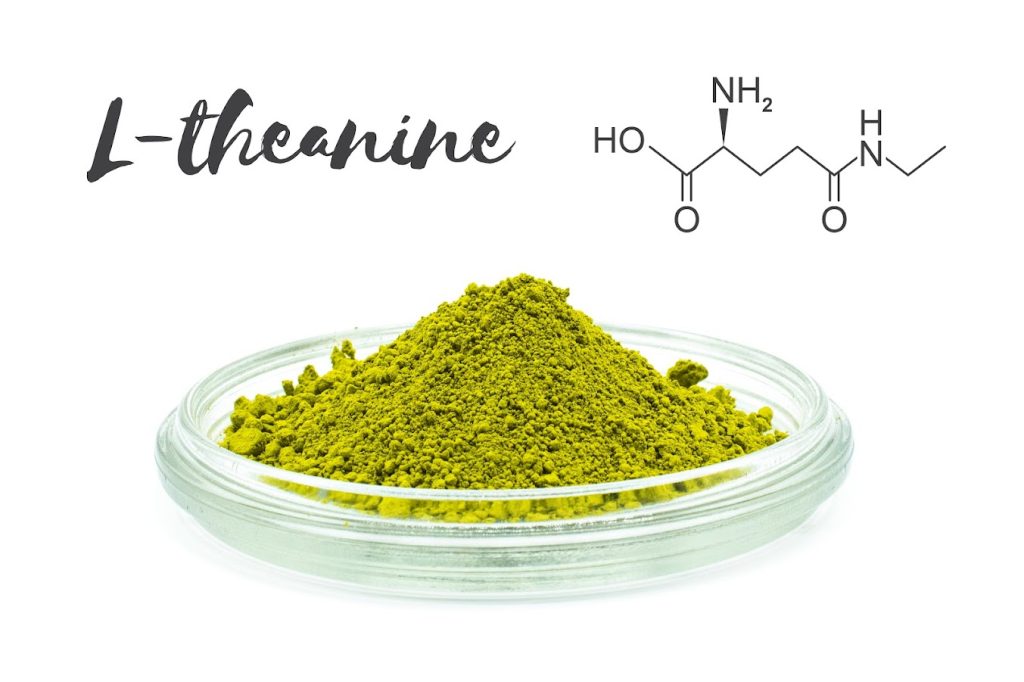
But when paired with caffeine, L-theanine helps increase focus and attention while suppressing the negative effects like jitters and caffeine crashes.
Other benefits include:
Fun fact: Some small amounts of L-Theanine were also found in Bay Bolete mushrooms.
5. Rhodiola Rosea – MVP of Brain Supplements
A remarkable herb that thrives in arctic and mountain regions of Europe and Asia. Its roots are considered adaptogens, therefore the ideal buddy for some really stressful situations.

Its effects also extend to:
- Cognitive and mental performance
- Decreased stress
- Helps with fatigue
- Manages blood sugar levels
- Physical performance and condition
Also called Golden Root, Vikings, and Himalayan sherpas used it for strength and endurance (climbing Mount Everest is no easy task).
So it was a total no-brainer to include Rhodiola in the MADMONQ® lineup of nootropics. Basically, we’re pretty confident it’s going to make some serious waves in the years to come.
6. Bacopa Monnieri – Traditional Chinese nootropic
This ancient remedy from Southeast Asia (also found in Florida and Hawaii) is renowned for enhancing brain function.
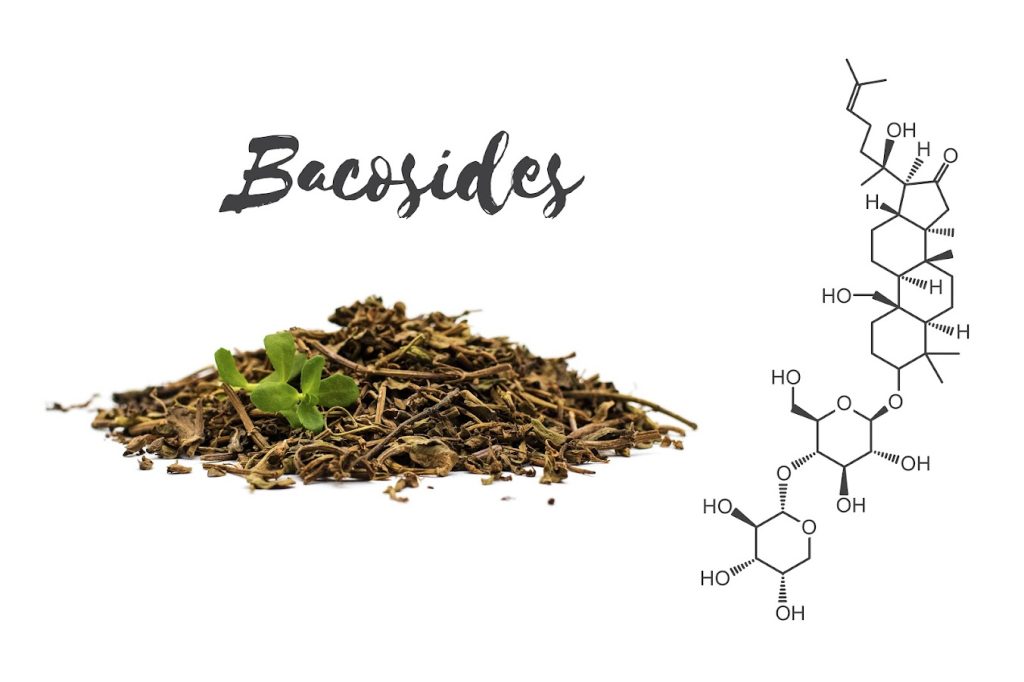
Studies have shown that it significantly improves the speed of processing visual information, learning rate, and memory.
But the brain is not the only area where Bacopa may be beneficial:
What’s more, recent scientific insights hail it one of the most powerful natural nootropics, long cherished by the Traditional Chinese and Ayurvedic medicines – the two oldest health practices in the world.
7. Siberian Ginseng – Booster of Athletes
From the root of Eleutherococcus senticosus, this potent adaptogen and antioxidant (a hero protecting your cells from harmful free radicals) grows in the harsh climates of Siberia, Japan, and China.
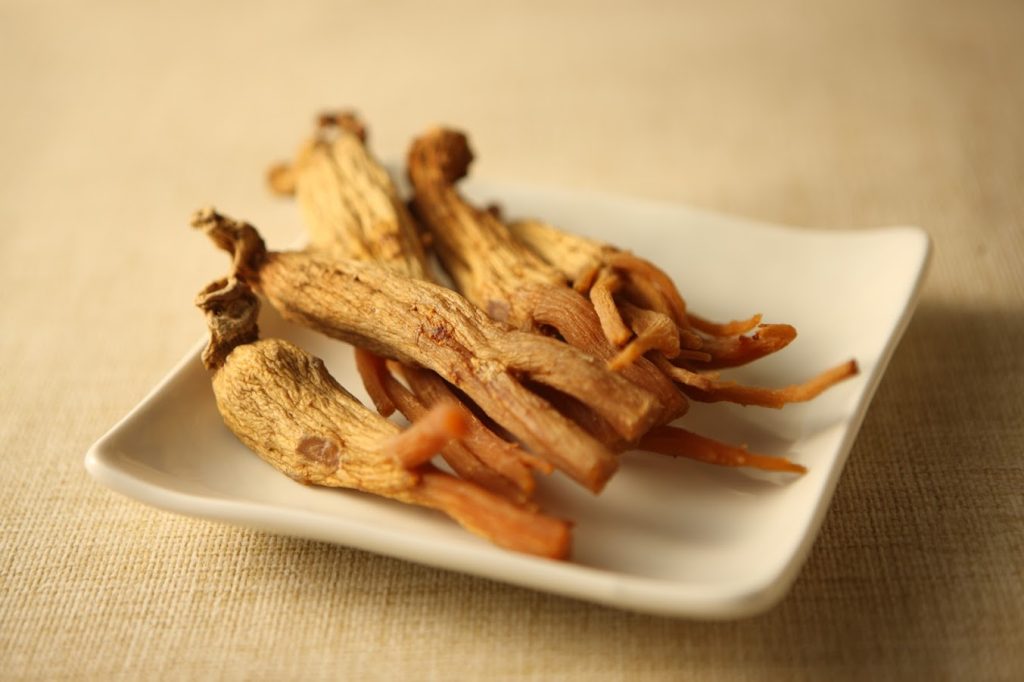
In addition to more nuanced benefits like a fresh breath, there are other significant perks such as:
- Improves blood circulation in the brain
- Helps with physical and mental performance
- May help with fatigue
- Maintain stable levels of sugar
Fun fact: For its effects, it was extensively studied by Olympic athletes, cyclists, soldiers, and sailors.
8. Vitamin B6 + Vitamin B12
B6 and B12 are water-soluble vitamins essential for many bodily processes. Therefore, you can find them in many foods like meats, eggs, seafood, nuts, seeds, and milk products.

They are a key player in the brain and nerve cells development while also involved in:
- Energy-yielding metabolism
- Red blood cell formation
- Reduction of tiredness and fatigue
- Lower stress
- Improved mood
- Creation of neurotransmitters
Fun facts: Vitamin B6 was first isolated in the 1930s, and it’s also vital for fetal and infant brain development. In addition, B12 is the largest vitamin with the most complex structure.
9. Magnesium – Antistress Nootropics Trooper
Magnesium is an essential mineral that usually hangs out in various foods like beans, seeds, and spinach.
This multitasker plays key roles in many body functions, for instance:
Moreover, when magnesium levels drop, stress levels might climb, and concentration could take a hit. Some research also suggests that magnesium could clear up brain fog and ease the symptoms of depression.
Fun fact: Magnesium owes its name to the Magnetes, an ancient Greek tribe. They lived near where magnesium carbonate was first discovered and used it as a laxative for various ailments.
And what about you?
Summing up, our roundup of the top 9 brain-boosting nootropics for students in 2024 comes to an end.
Also, it’s worth noting that many of these brain-boosting heroes are part of the cast in MADMONQ®.
Are any of these your secret weapons for mental mastery, or do you have a different ace up your sleeve?
We’re all ears for your brain-boosting favorites.
Stay awesome, and keep those neurons firing!
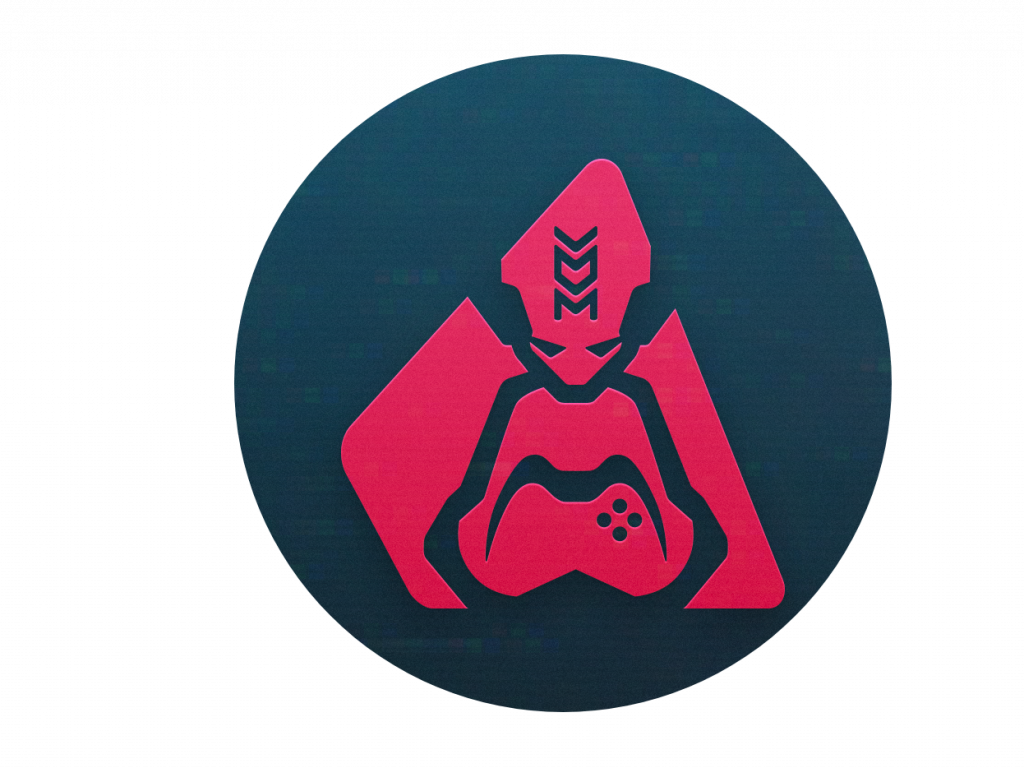
Here’s where we like to play…
Instagram: instagram.com/madmonq
Facebook: facebook.com/madmonq
X (Twitter): twitter.com/madmonq
Twitch: twitch.tv/madmonq
YouTube: youtube.com/madmonq
TikTok: tiktok.com/@madmonq/
Discord: discord.gg/madmonq
Interested in performance hacks and useful information like this? There’s more coming out soon. Sign up for our newsletter to be among the first to get it!




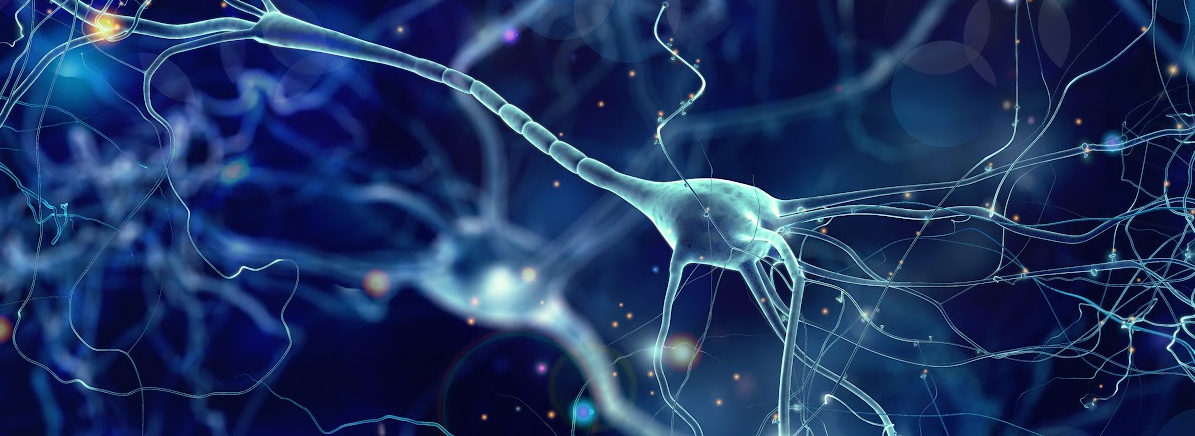
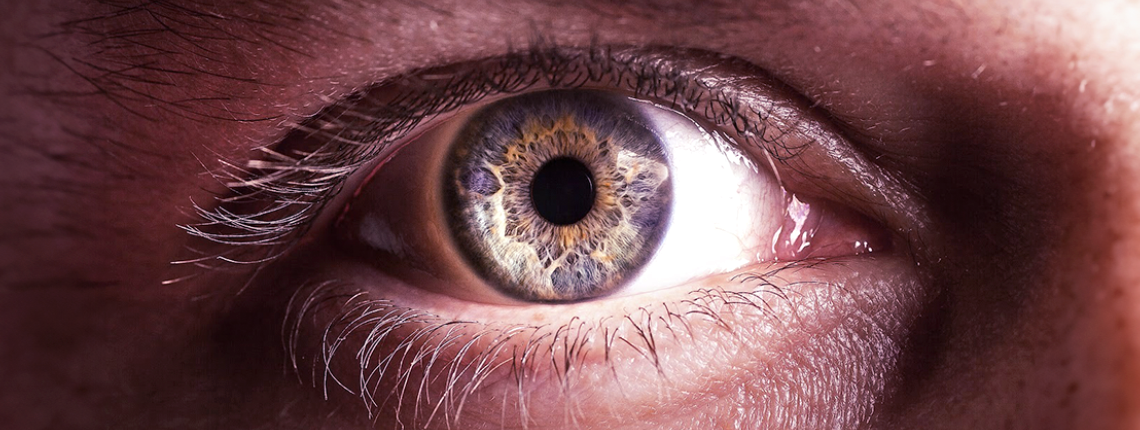

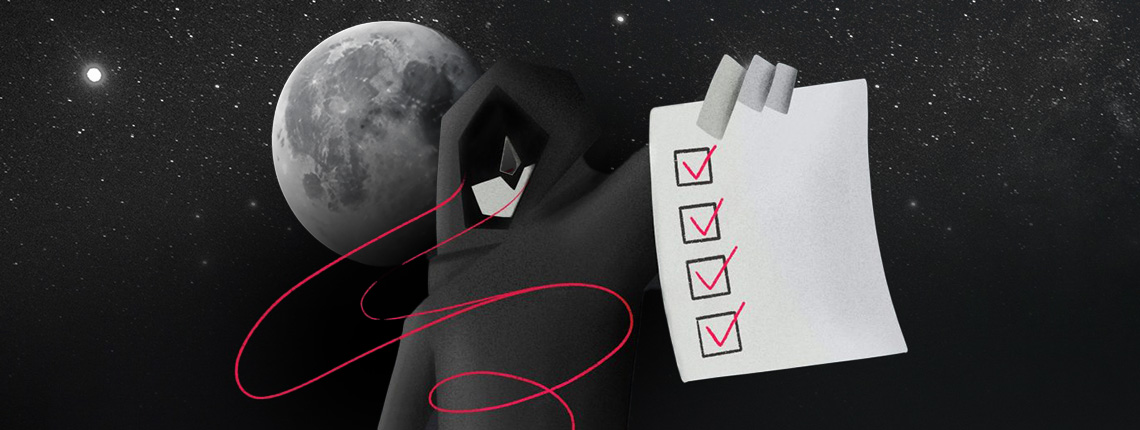
Comments
Leave a Comment